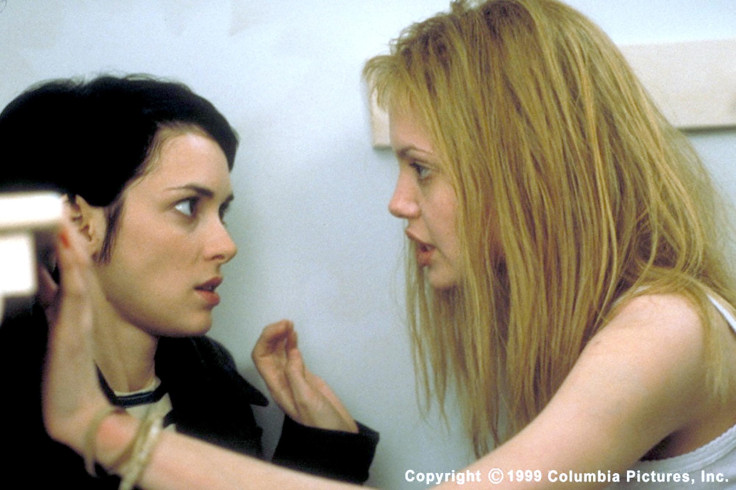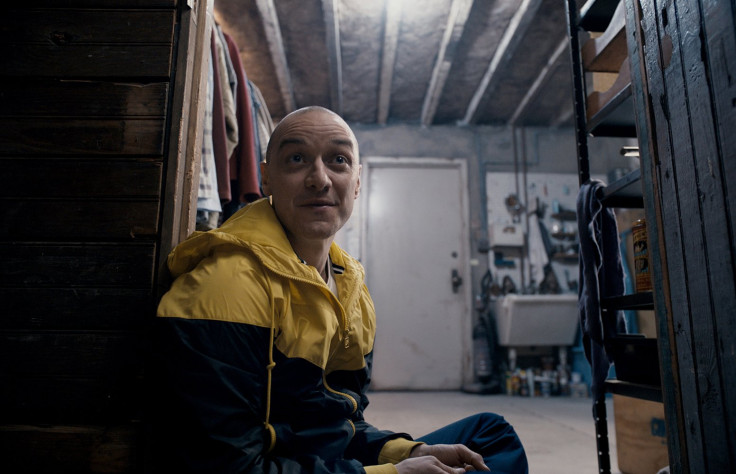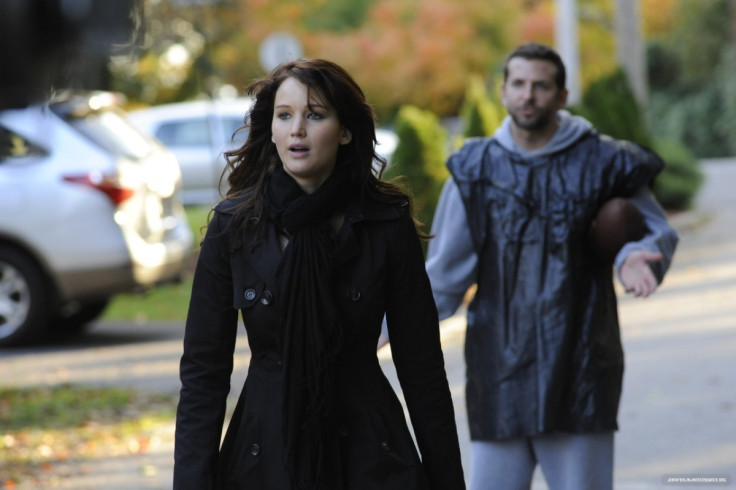World Mental Health Day: Hollywood needs to stop conflating mental illness with violence
Receiving a diagnosis can make you feel hopeless if all you've seen are bad endings for characters with mental illness.

I never had any mental health education at school. No one even mentioned the terms "mental health" or "mental illness" when I was growing up.
But at the age of 17 I was exposed to my first glimpse of mental illness when we were shown the film One Flew Over The Cuckoos Nest in an A-level sociology class. Quite what the film had to do with what we were learning about I'm not too sure, but it certainly left a lasting impression on me.
Some months later I saw another film about mental illness, Girl Interrupted. "Is this what it means to have a mental illness like schizophrenia?" I asked myself at the time.
Both of those films portrayed characters with severe mental illness that were violent and dangerous. It terrified me.
So when I was given a diagnosis of schizoaffective disorder (a combination of bipolar and schizophrenia) three years later, I was convinced I was destined to become the next Billy Bibbit from One Flew Over The Cuckoos Nest or Daisy Randone from Girl Interrupted. Both of those characters suffered immensely as a result of their diagnosis, and both of them eventually took their own lives.
Just weeks later, I attempted to take my own life. I believed I would end up as Jack Nicholson's character had in an Oregon psychiatric hospital if I didn't. I thought it was better to end the inevitable suffering I was bound to face, rather than prolonging it.
Receiving a diagnosis of mental illness can often feel rather hopeless. It certainly was for me in 2008. Times have moved forwards in the last few years, with everyone from sport stars to MPs to rock stars sharing their mental health struggles. Bruce Springsteen became the most recent musician to open up about his experience of depression just a few weeks ago.
Meanwhile, national campaigns such as Time To Change have helped to decrease the stigma attached to mental illness, with recent evidence showing that discrimination against those with mental health issues is rapidly reducing.
Hollywood, however, seems less keen to join the 21<sup>st century.
Later this year, the film Split, with James McAvoy, will be released. In the film McAvoy plays Kevin, a man with dissociative identity disorder who abducts three teenage girls.

To be honest, I stopped reading the rest of the synopsis after seeing the first paragraph. It's hardly going to be a happy ending is it?
Conversely, Hollywood has created some incredibly inspiring films about physical illnesses like cancer in recent years. 50/50, My Sister's Keeper, and A Fault In Their Stars are just a few of the moving tales that have touched audiences. Where are such portrayals of mental illness?
A few years after I was diagnosed, I watched the Academy award-winning film, A Beautiful Mind, with Russell Crowe. The film tells the story of American mathematician John Nash, who was diagnosed with schizophrenia in his thirties. Despite his illness he achieved more than most, eventually winning the 1994 Nobel Prize in Economic Sciences.
Read more: Terrorism is not a symptom of mental illness
What inspired me most about the film was not his academic success, but his ability to find love and start a family. After my diagnosis, I thought both of these things would be impossible because of the complexities of my mind and illness, but A Beautiful Mind gave me an abundance of hope to believe differently.
In my work currently, I visit schools, hospitals and prisons to meet others affected by mental illness. The notions of hope and recovery are so often lacking for very many of these people.
Hollywood has a chance to illuminate and inspire its audiences on the subject of mental health. Too often though, films about mental illness not only lack any sort of hope, but contain violent characters.

Even the 2012 film Silver Linings Playbook,which was labelled as a ground-breaking portrayal of mental illness, had a violent main character. The character, Pat Junior, had bipolar disorder. I know many people with bipolar. Not one of them has ever been violent.
The actual truth is that people with mental illness are more likely to be victims of violence, rather than perpetrators. If you drew up a list of the amount of films in which characters with mental illness are violent, quite the opposite would seem apparent though.
Filmmakers have a responsibility to start telling the public the truth about mental health, instead of fanning the flames of the stigma attached to mental illness that leads so many sufferers to struggle in silence.
I waited for years to tell anyone about my mental health issues because I was so afraid of what others would think of me. It led to a psychotic breakdown where I was eventually sectioned and hospitalised for a long period. Perhaps if I had seen a very different portrayal of mental illness to the ones I saw it may have been a very different story for me.
The Samaritans provides a free support service for those who need to talk to someone in the UK and Republic of Ireland. It can be contacted via Samaritans.org or by calling 116 123 (UK) or 116 123 (ROI), 24 hours a day, 365 days a year.
Jonny Benjamin is a mental health campaigner
© Copyright IBTimes 2025. All rights reserved.






















